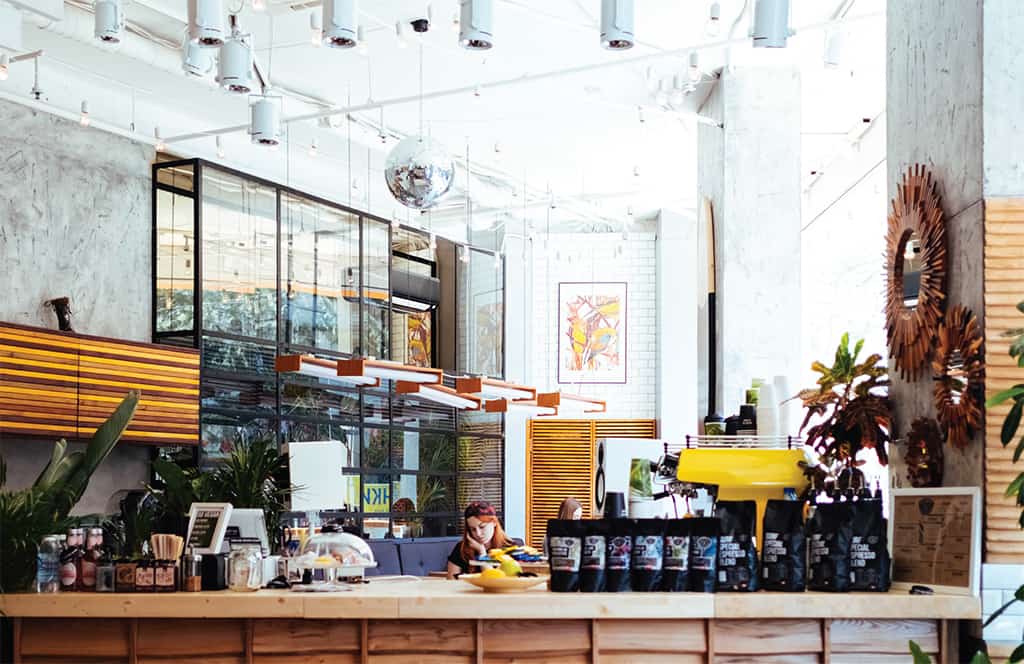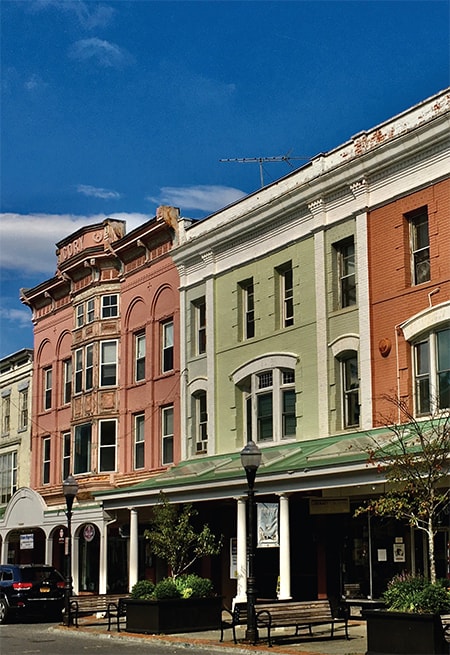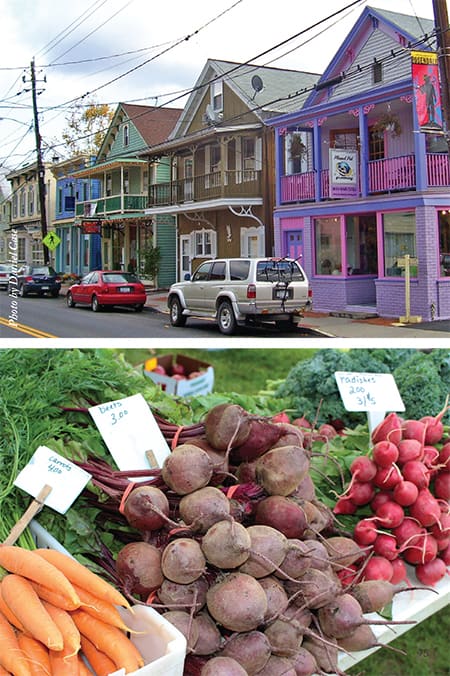
You’ve probably seen the memes: Buying from a small independent business means that you’re not helping a billionaire buy another yacht, you’re helping your neighbor pay for the kid’s school clothes and keeping milk in the fridge, or something to that effect. That’s absolutely true. You may also have heard that shopping indie and local means that each dollar recirculates in the local economy two to four times more than a dollar spent at a corporate chain—it’s called the Local Multiplier Effect.
Shopping indie and local means that each dollar recirculates in the local economy two to four times more than a dollar spent at a corporate chain—it’s called the Local Multiplier Effect.
 Photo by Andre Carrotflower
Photo by Andre Carrotflower
But there’s so much more than just money at stake here. When IBM cut thousands of jobs in the 1990s, the Hudson Valley learned some hard lessons about counting on corporate beneficence to always be there. Many small businesses suffered as the IBMers they’d been serving had to tighten their belts; it was the final coup de grace in the process of deindustrialization that had been in progress for a couple of decades already, and things got scary for a minute.
Yet some local businesses managed to ride out the storm and are still thriving after decades. You can read some of their stories in this very issue: Herzog’s and Montano’s are two great examples of places that have kept doing well and doing good for generations, surviving IBM’s diminishment, the recession of 2009, and COVID. There are many others, and newer businesses with that same core philosophy.
Understanding the connection between doing well and doing good is smart business; beyond that, it’s simply who these people are. When COVID struck, Hudson Valley restaurants, nonprofits, and local governments came together to keep everyone fed and as many as possible in business. When finding help became a problem, it was a much smaller problem for places that had taken mindful care of their folks.
Understanding the connection between doing well and doing good is smart business; beyond that, it’s simply who these people are.

The results of this collaborative effort are all around you: thriving downtowns, fruitful fields, and plenty to do on the weekends, thanks to our makers and entrepreneurs and the people who love them. In these pages, we strive to capture a glimpse of how hard and smart they work, of the care they take of customers and teammates alike. Every small business with its doors open is a victory, every day, and the vast majority of those are winning because they know that collaboration and caring— supporting the nonprofit side, working with their neighbors on events and promotions, valuing the humanity of neighbors, employees, and customers—is the only way that works. Shopping local makes it all possible.
Nothing’s ever flawless. But there’s a thick bright line from these behaviors to the fact that, around here, lots of us still smile at strangers and hold the door and laugh together. The multiplier effect of a dollar spent locally, wonderful as it is, is left far behind by the multiplier effect that happens when an employee has health care and a parent can make it to the big event, when a customer leaves an establishment not just with a cool item or a deliciously full belly but with an awareness of being casually cherished.
Want community mental health to flourish? Love the views? Fond of economic and social justice? Like having fun? Shop local. Eat local. Give local. Play local, and play nice. It works out well, on countless levels, for everyone. Your dollars will multiply two to four times over, true. But it’s the experiences you’ll have and the community you help build that will have an infinite multiplier effect on your reasons to smile.

